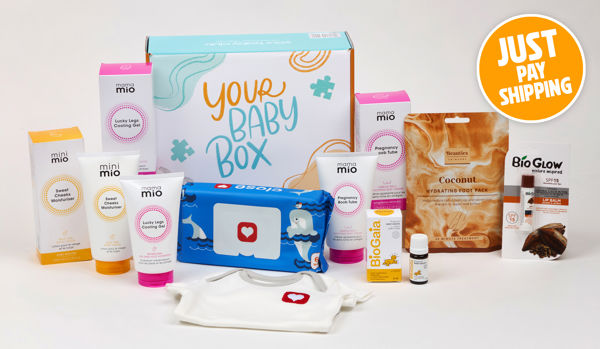Monitoring your baby's growth and development is one of the most important aspects of early parenting. From tracking physical changes like weight, length, and head circumference to observing developmental milestones such as motor skills and social interactions, these indicators help you ensure your baby is growing as expected. Your pediatrician will provide growth charts and regular assessments to guide you in understanding your baby's progress. While every baby develops at their own pace, these benchmarks help identify areas where your little one may need extra support.
In the early weeks, your baby will begin gain weight, after a potential initial drop, averaging about 25 grams a day. They'll also begin to recognise familiar voices and smells and might even mimic your facial expressions. At one week old, their vision will allow them to see roughly 25 cm in front of them, and they'll develop reflexes like gripping your finger or rooting for food. By four weeks, they may find their own hands and feet, respond to loud noises, and start lifting their head during tummy time. Encouraging these early skills through interaction and support is crucial to your baby's development.
Milestones like these are divided into social, communication, cognitive, and physical development categories. Keep in mind that these milestones are just guides - every baby reaches them at their own pace, and it's perfectly normal for some to develop faster in certain areas than others. Growth and development can vary widely from baby to baby, so try not to worry if your little one takes a bit longer to master certain skills. Trust your instincts and talk to your pediatrician if you have concerns.
Read More: Baby Development By Month

